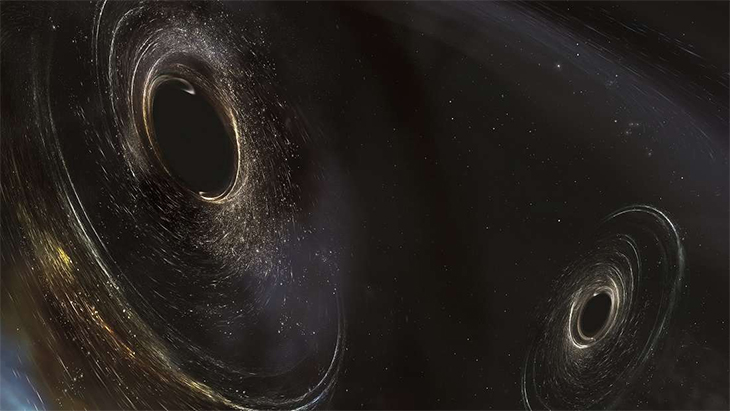By: Alfredo Carpineti/IFLScience A team of researchers from the University of Sydney has managed to convert the digital information carried by light waves into sound waves inside a microchip. This is the first time such a feat has been achieved.
This technological breakthrough is crucial in the development of photonic integrated circuits, the basis of computers that use light instead of electrons to manage and store data. If successful, these systems would not be subjected to electromagnetic interference, produce too much heat, or consume too much energy.
They sound great, so what’s the issue? Well, light is great for telecommunication because it’s fast, but it’s too fast for computers to process. As reported in Nature Communications, the researchers were able to build a chip that slows down light by turning it into sound waves.
“The information in our chip in acoustic form travels at a velocity five orders of magnitude slower than in the optical domain,” said project supervisor Dr. Birgit Stiller in a statement. “It is like the difference between thunder and lightning.”
Light is already used in telecommunication but when its signals get to our electronic devices the data is passed onto electrons. Many companies are investigating the possibility of moving onto pure photonic microchips.
There have been several attempts at this but so far no architecture has been successful in delivering a stable and usable chip. The new design might turn out to be the right approach to bring photonic computers a step closer to reality.
“Our system is not limited to a narrow bandwidth. So unlike previous systems, this allows us to store and retrieve information at multiple wavelengths simultaneously, vastly increasing the efficiency of the device,” explained Stiller.
While managing heat might be just a minor nuisance for the everyday user, it is of key importance for anyone with server farms or supercomputers needing to take into account a vast amount of waste heat. Switching to photonic systems would make this a lot more manageable.
“This is an important step forward in the field of optical information processing as this concept fulfills all requirements for current and future generation optical communication systems,” added co-author Professor Benjamin Eggleton.
It looks like the photonic devices will bridge the gap between current models and the quantum computers of the future.




